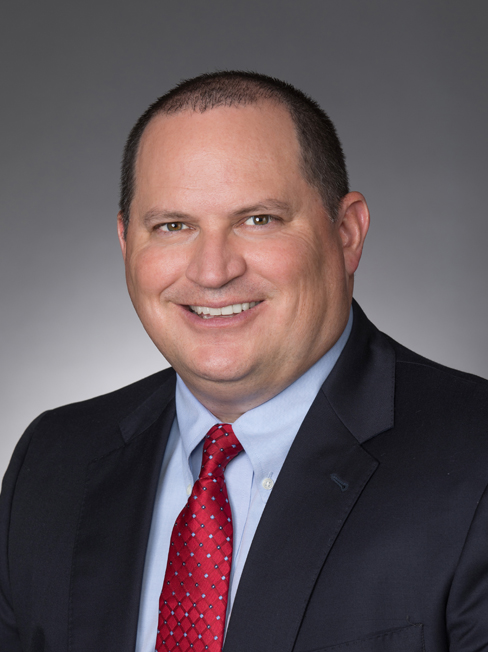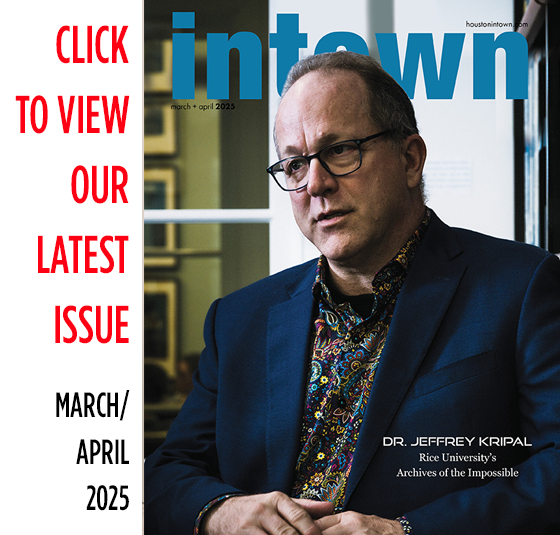Covid-19 Financial Take-Aways

Despite all of the changes that have taken place over the past several months, one area that has been solidified as a result of the pandemic is the importance of having your financial house in order. While having a good financial plan in place will not keep you from having to experience the storm, it can provide you with a safe haven to ride it out. Here are a few foundational pieces to a healthy financial plan to help prepare you for the uncertain times ahead.
- Cash is king – If this experience has taught us anything, it is the importance of having adequate cash reserves to fall back on in case of an emergency. Most financial advisors recommend keeping 3 – 6 months’ worth of expenses in savings. In light of the recent experience with the coronavirus and the economic impact that has taken place, some people may feel more comfortable increasing their cash reserves to 6 – 12 months of expenses going forward. Regardless of the amount you choose to keep in savings, it is important that your money is safe (i.e. FDIC-insured), easily accessible, and earns you a competitive return. “Competitive” is a relative concept. All returns on safe cash investments are extraordinarily low in the current environment.
- Have an investment plan…and stick to it. Former heavyweight boxing champion, Mike Tyson, famously stated, “Everyone has a plan until they get punched in the mouth.” Investors certainly got punched in the mouth earlier this spring. From February 19th through March 23rd, the U.S. stock market (as measured by the S&P 500 Index) dropped almost 34%. The speed and volatility of the market’s decline was unprecedented and caused many people to fear we were heading towards a global economic depression. This panic led some people to sell their stock investments in late March, causing them to miss out on the rapid recovery that has seen the S&P 500 rise by 45% over the past several months. While the market drop was unsettling for everyone, for those investors with a pre-existing investment plan and understanding of market history, they were able to use market selloff as an opportunity to rebalance their portfolios by selling some of their bond holdings so they could buy stocks at lower prices, tax loss harvest, and put some of their excess cash to work.
- Hope for the best, but prepare for the worst. Nobody wakes up anticipating that today may be the last day they will be able to walk or see their loved ones, but tragedy can strike at any time. If you were unable to work due to an injury or an illness, how would you pay your monthly bills? If you were to die prematurely, are there enough assets available to provide for your loved ones? If you cannot confidently answer either of these questions, you may need to consider purchasing additional disability and/or life insurance coverage. Along with having adequate insurance coverage, it is vital that you have the necessary estate planning documents in place to help your family, if you become incapacitated or died. If your health were to deteriorate to the point that you had to be hospitalized, do you have a durable power of attorney, medical power of attorney, directive to physicians and HIPAA authorization in place to allow your loved ones to complete financial transactions and make medical decisions on your behalf? Do you have a will? If so, does it accurately reflect your wishes for how you want your estate to be distributed to your heirs? The coronavirus pandemic has reminded us all about the fragility of our bodies and the brevity of life. Don’t continue to put off updating your insurance and estate plan. Plan ahead now so you (and your family) have one less thing to worry about should tragedy strike.
While each of these tasks can be completed on your own, there is value in having someone on your team to use as a sounding board, and to help hold you accountable so you don’t make costly mistakes. A fee-only, pure fiduciary wealth management firm can provide unbiased, comprehensive financial advice you deserve. Imagine the peace of mind you can derive from a sound well-grounded financial plan.

Lantz Bowman, CFP®
Wealth Advisor
Linscomb Williams

Linscomb & Williams is a Houston based wealth management firm established in 1971.






















